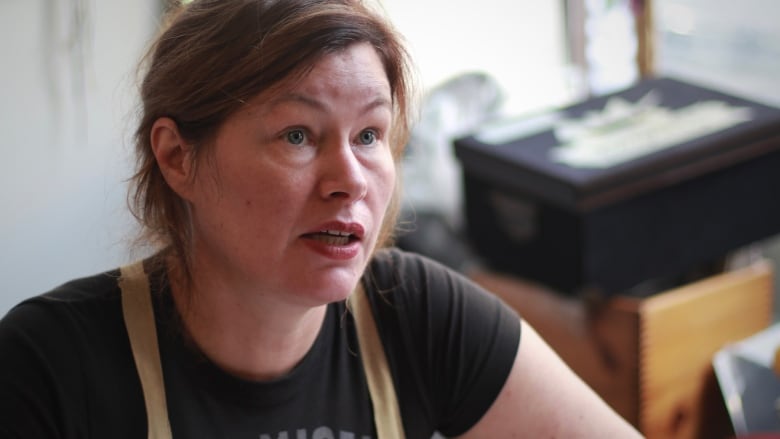Vancouver launches opioid task force to 'quick-start' solutions to lethal crisis
'These are our friends and neighbours and we must take action immediately,' mayor says

Seeking "quick-start" solutions to the city's ongoing overdose crisis, Vancouver Mayor Kennedy Stewart announced an opioid task force to recommend the city's next steps.
In a statement, Stewart said the task force will include "a wide array of experts" to help the city grapple with the problem he says is killing over 30 Vancouverites each month.
"These are our friends and neighbours and we must take action immediately," Stewart said in his statement.
"The Opioid Emergency Task Force will rapidly gather the best recommendations from experts on the front lines of this crisis on how the City of Vancouver can use its resources to save lives."
Stewart said the task force will invite members of the provincially funded community action team, which is already in place, to join. They will be asked to provide their top five recommendations for action.
The task force, Stewart said, will also include Indigenous voices, people who use or have used drugs, researchers, service providers, city staff, first responders and others on the front lines of the crisis.
'A really lethal combo'
Sarah Blyth, executive director of the harm-reduction group, Overdose Prevention Society, is one of the front-line experts joining the task force and is also a member of the the existing action team.
She's hoping the task force's work leads to a new approach to dealing with people addicted to opioids: namely, treating their situation more as a health problem and not a criminal one.

"Including getting them safe drug access as opposed to taking away their tents and sleeping bags," Blyth told On The Coast host Gloria Macarenko.
"We need all level of governments to push to do the right thing which is ... making sure that people have safe access to drugs that they know that the doses ... it doesn't have rat poison in it, doesn't have fentanyl in it."
Blyth said she also will be pushing for better housing for marginalized people, better mental health care and for the city to open up surplus building space to shelter people with addictions during the winter.
"Being freezing cold out in the snow and also overdosing is a really lethal combo," she warned.
Stewart says the task force will report to council by Dec. 18 with recommendations for immediate action.
Listen to the full interview with Sarah Blyth:
With files from CBC Radio One's On The Coast